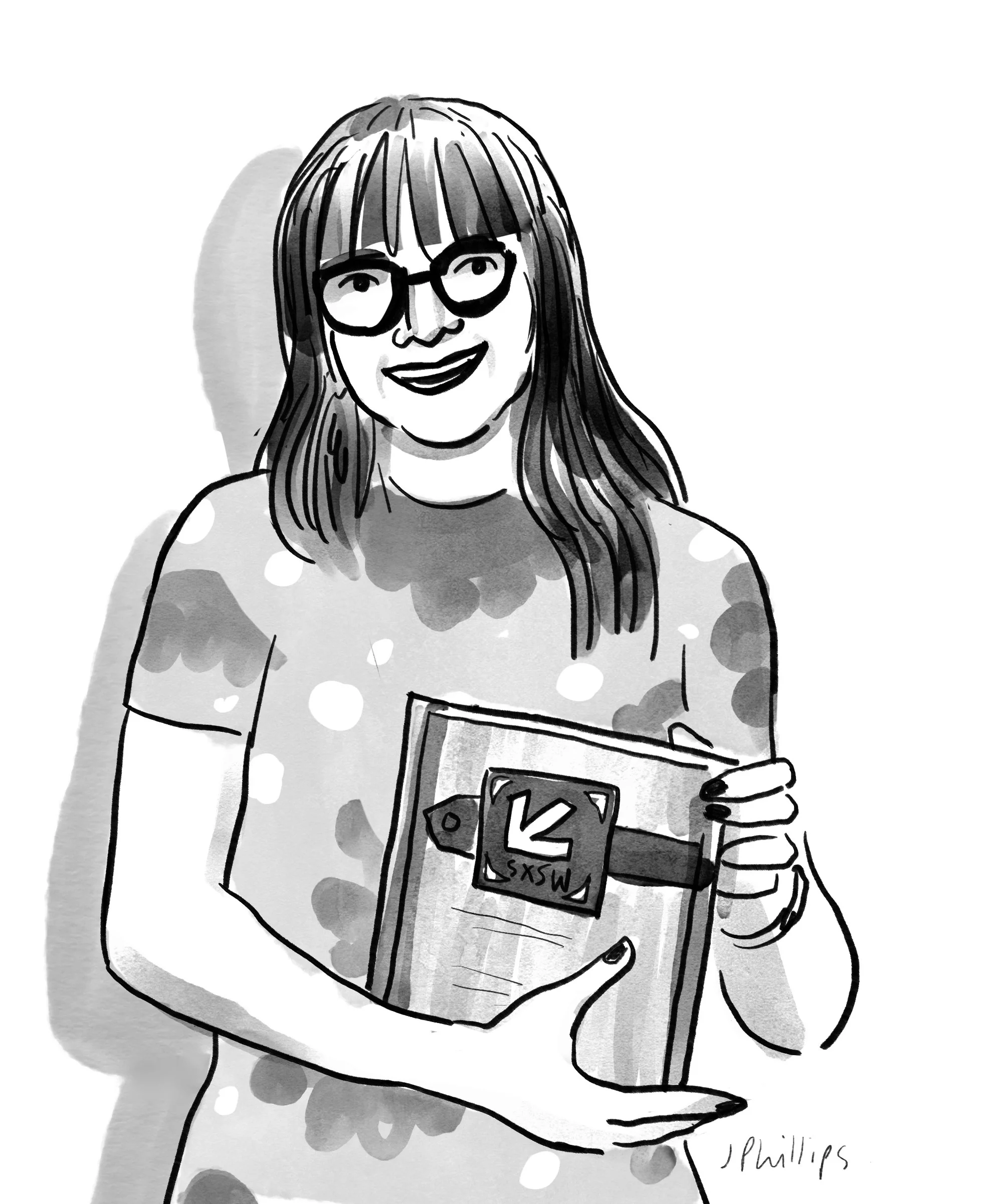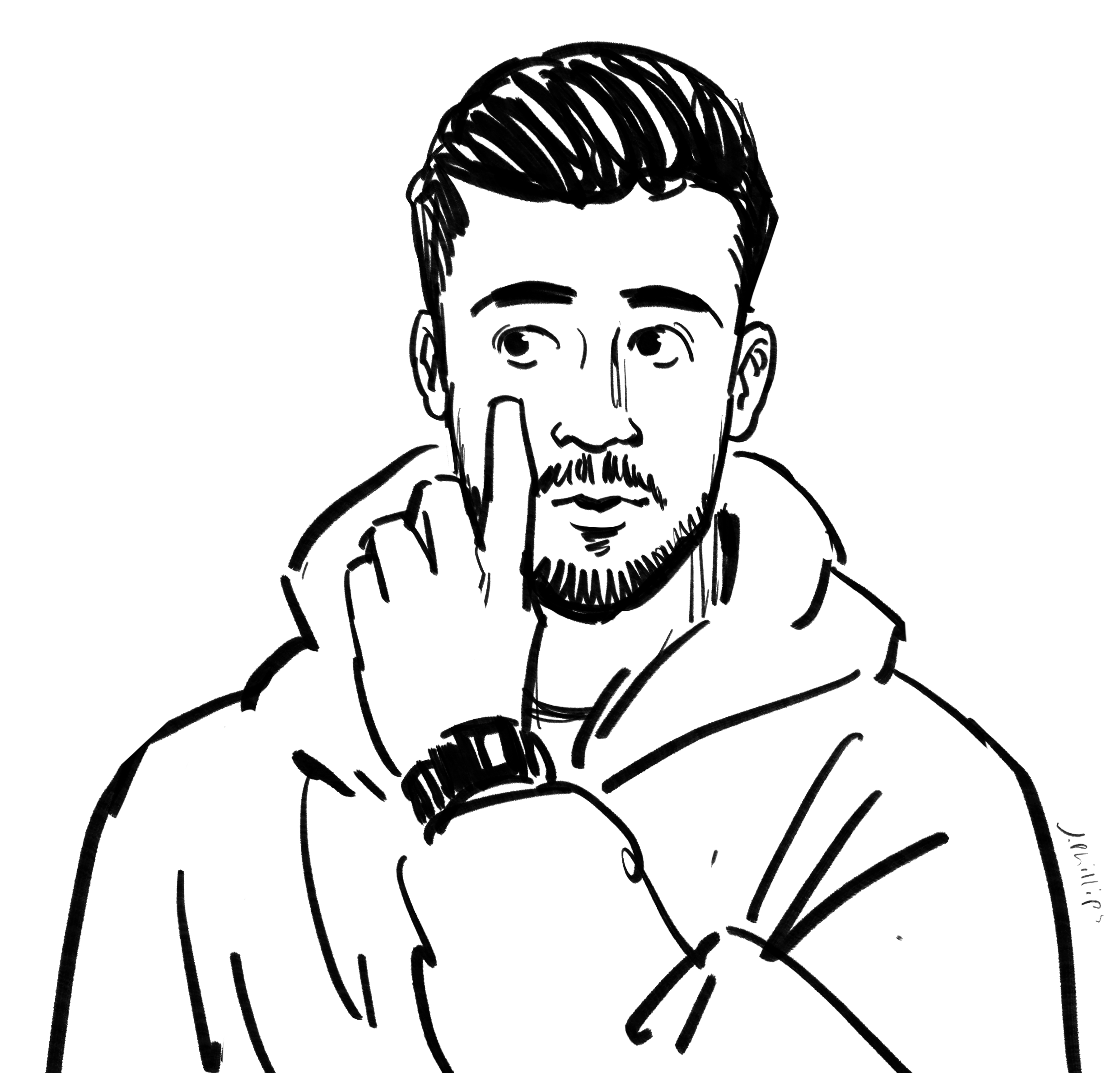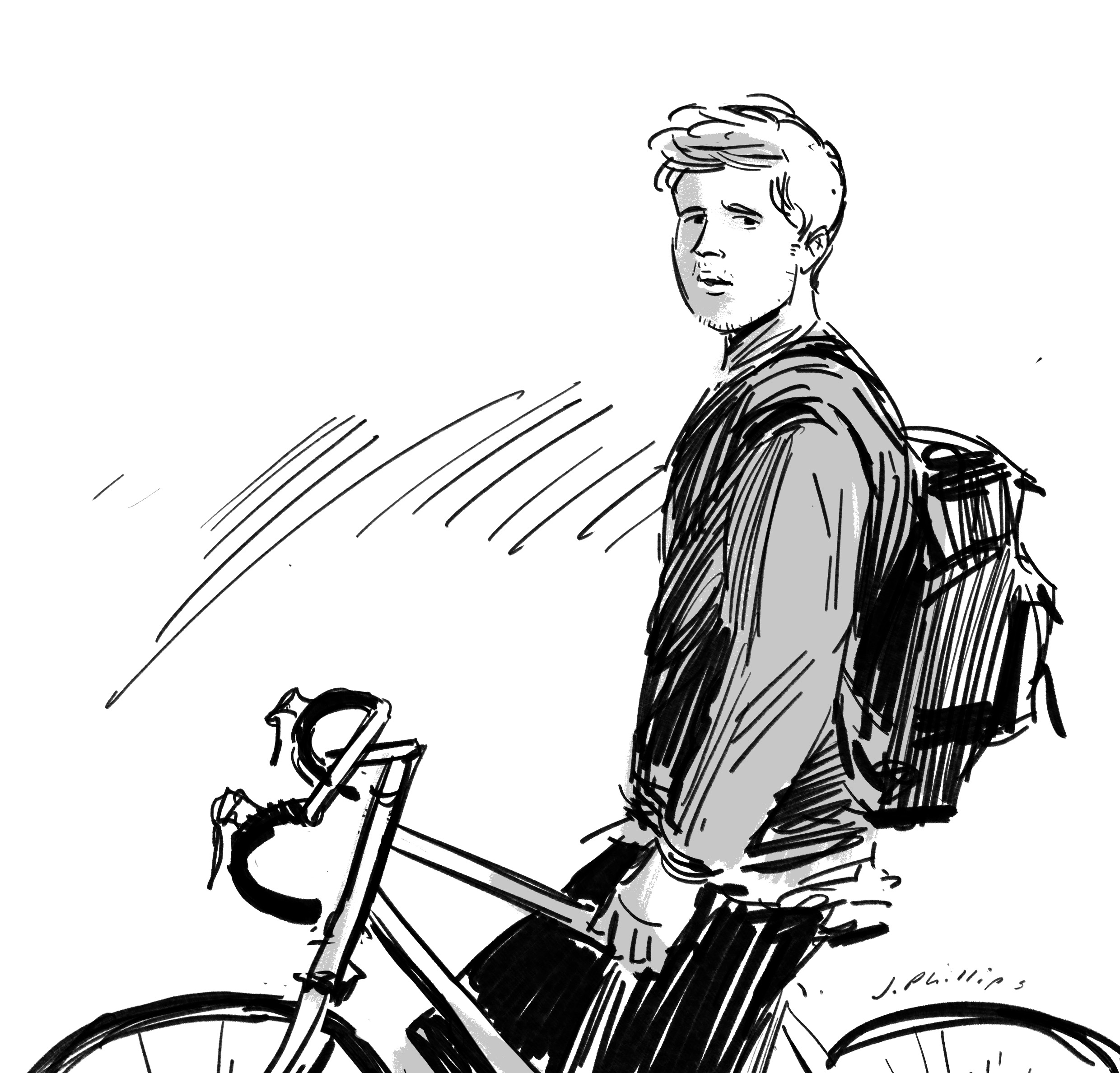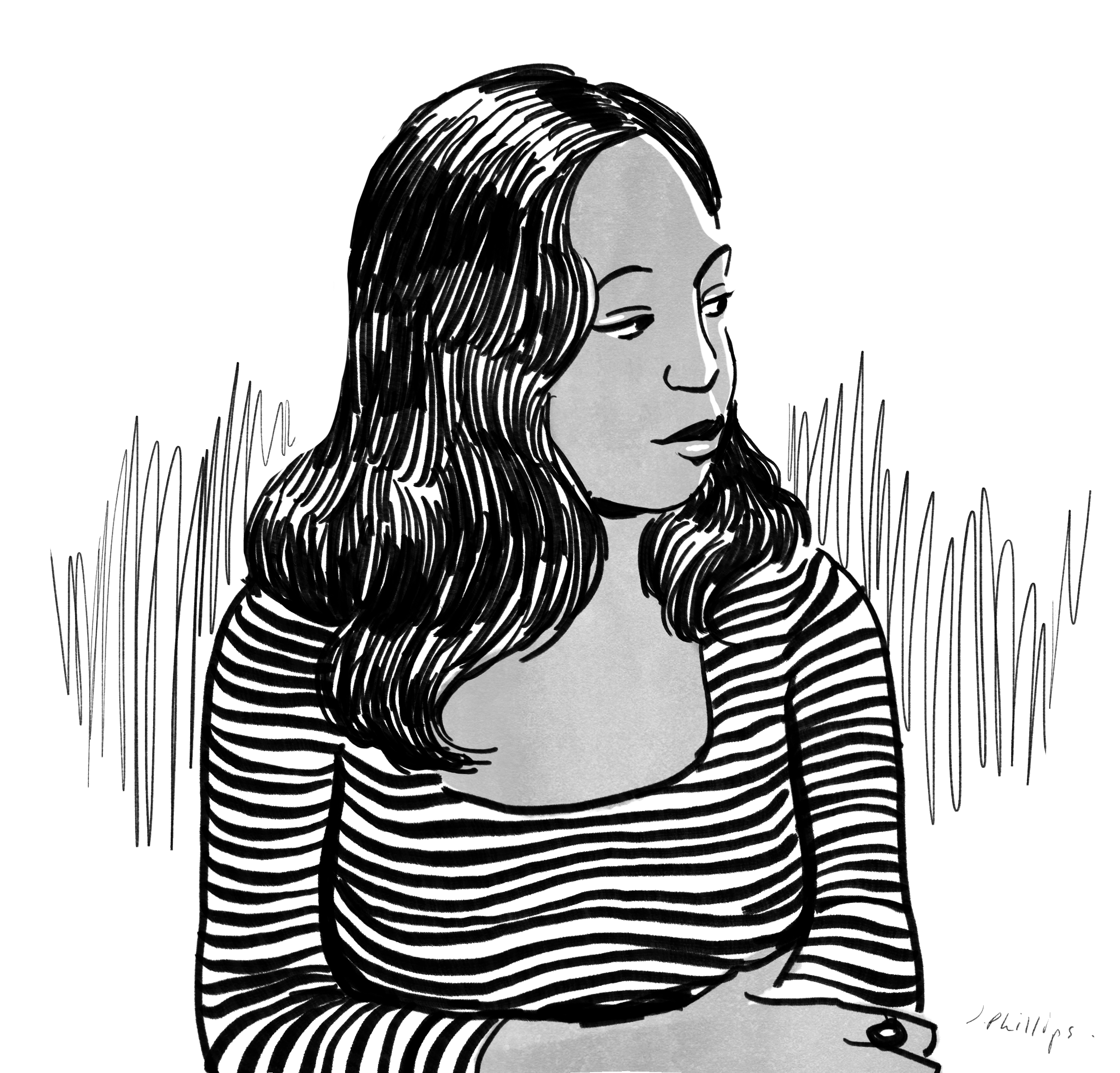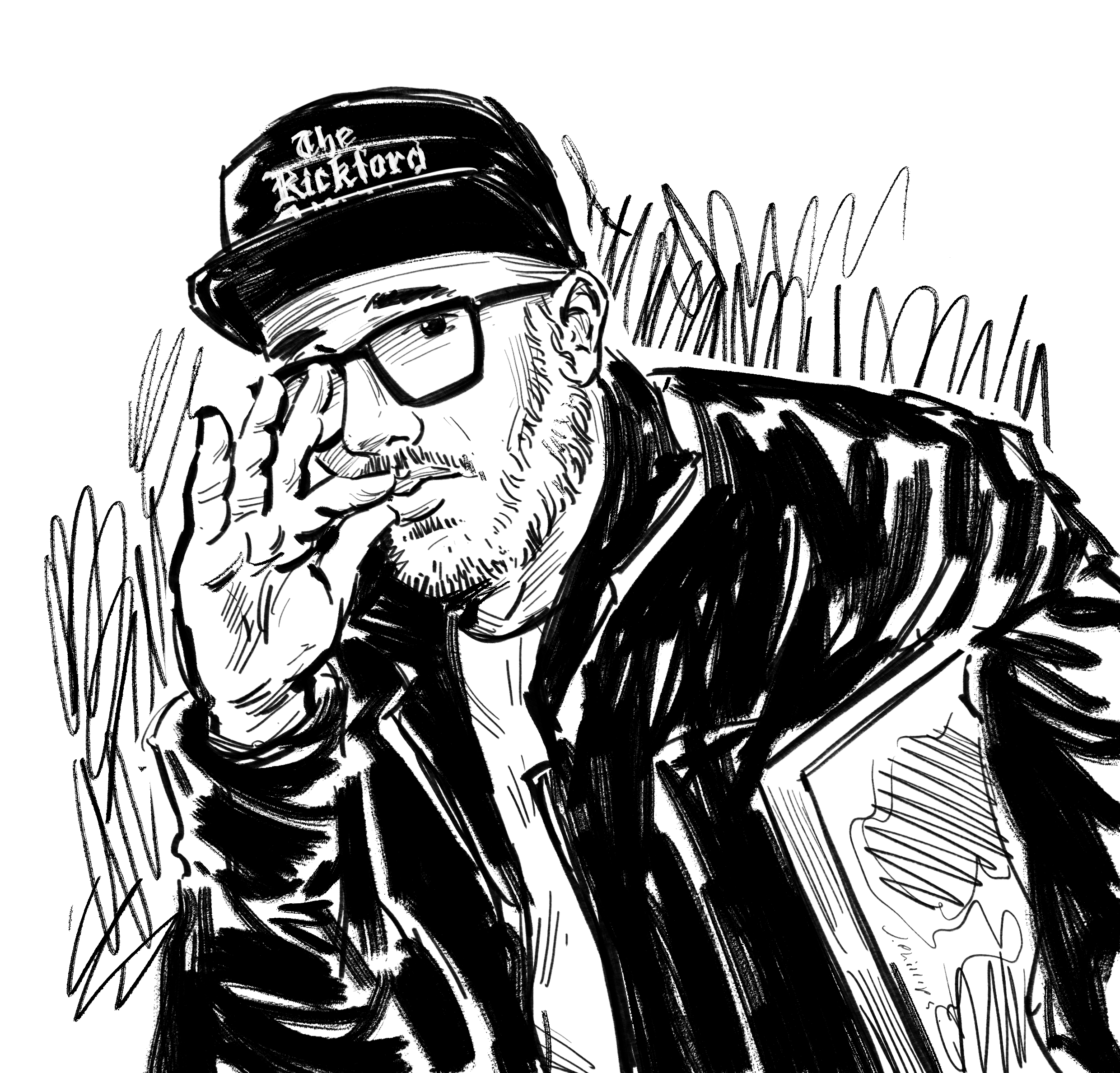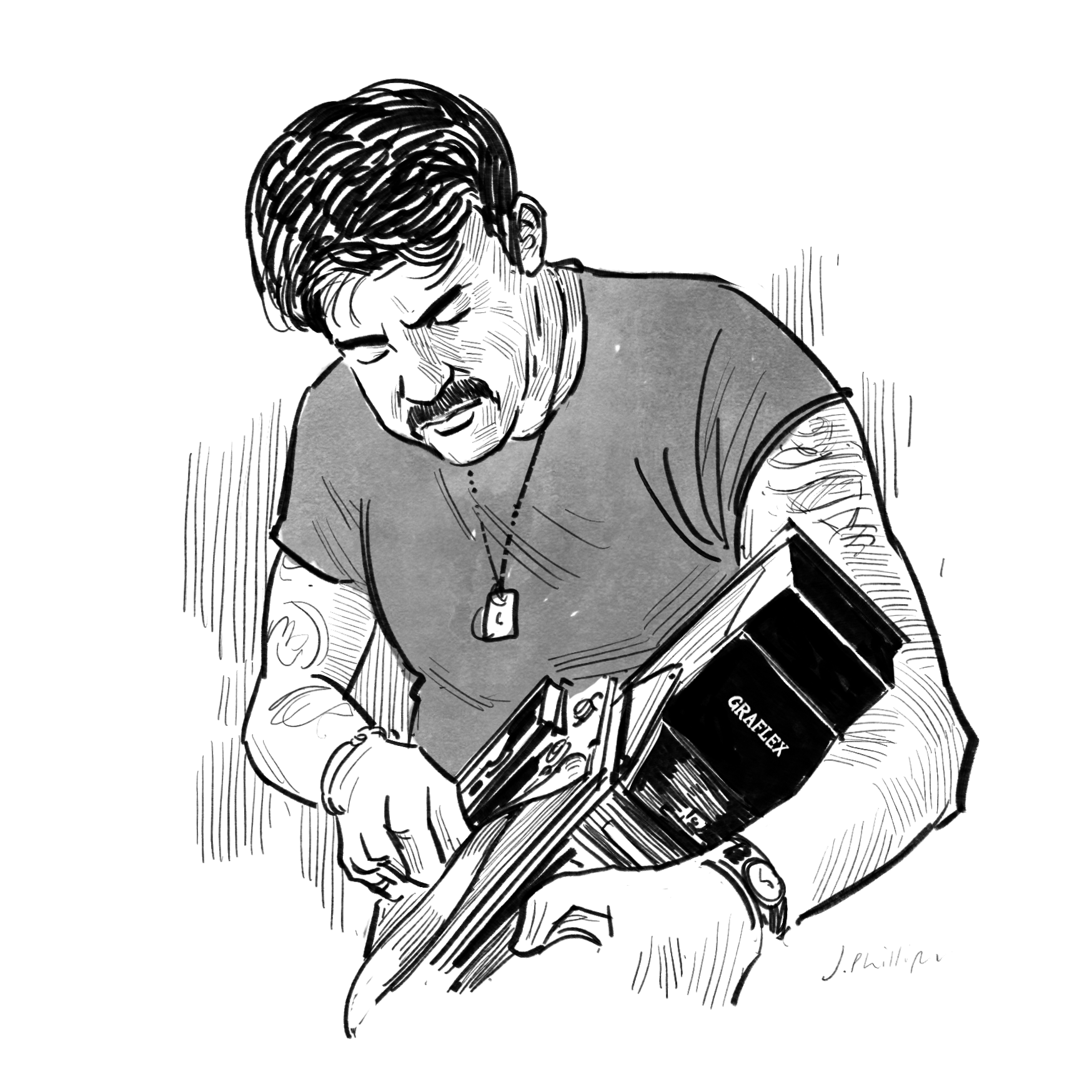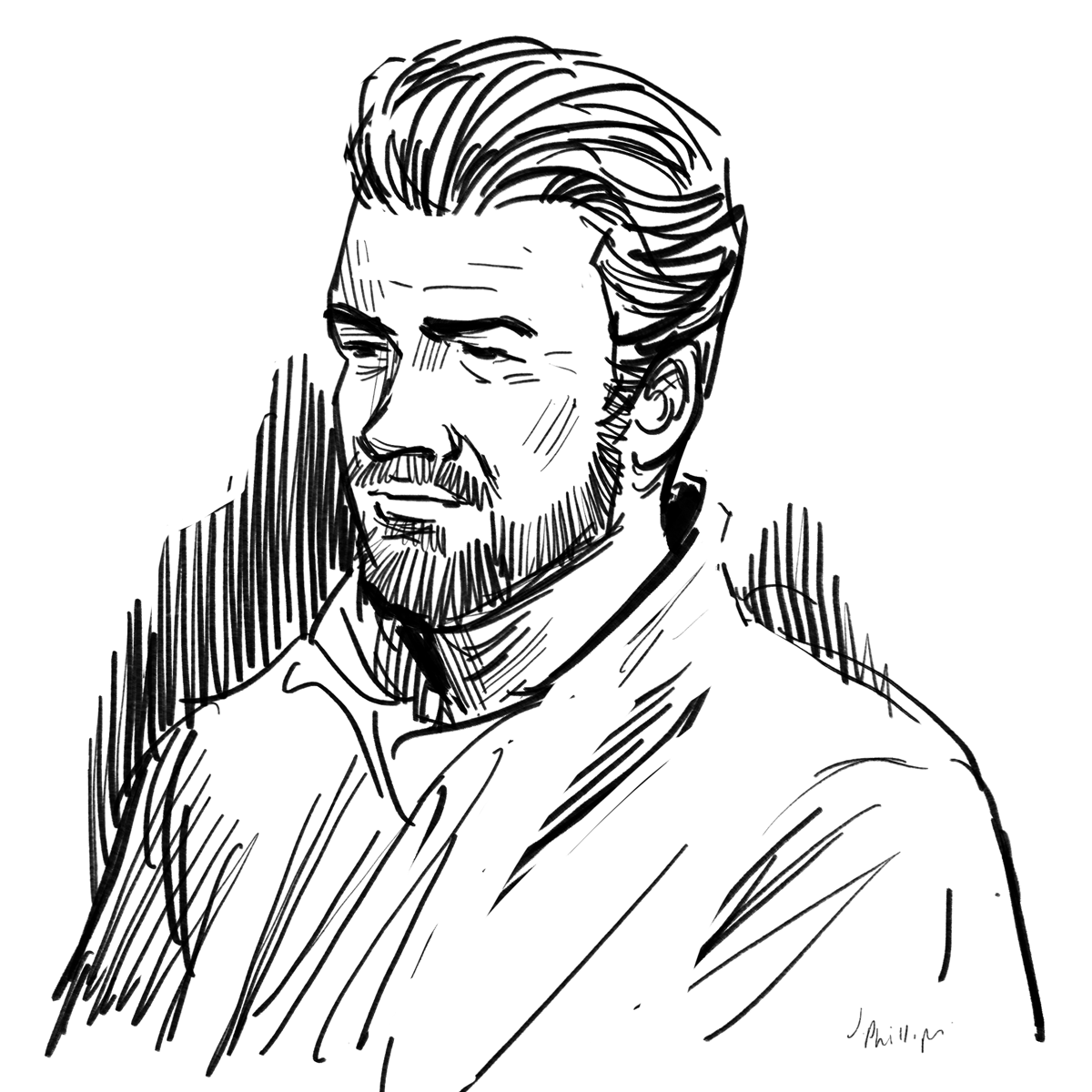Wunika Mukan, Curator
Wunika Mukan is a Nigeria-based curator who works passionately with interdisciplinary artists, creatives, and organizations to create meaningful productions and sustainable initiatives that build strong communities.
She is also the founder and director of the Women’s Film Club. She also served as Brand Director at the African Artists’ Foundation, a non-profit organization dedicated to promoting contemporary African art. Wunika has had extensive experience in media and consulting with positions in arts and culture throughout Nigeria, including the Nigeria Pavilion at the 57th Venice Biennale, Lagos Photo Festival, Art Summit Nigeria, and Kadara Yoruba Heritage Festival. Wunika graduated from Howard University.
This interview was edited for clarity and length.
This is What Hatred Did,
by Cristina de Middel
“The combination of Amos Tutola's text, Cristina de Middel's images and Makoko, a Lagos based water community built on stilts, is pure magic. It remains difficult for me to list a more breath taking interpretation of this part of Lagos which holds so much history, tension and mystery. This book inspired me to take another look at Lagos my home, and question what I considered its magic.”
Delta Nigeria - The Rape of Paradise,
by George Osodi
“This was the first photo book I ever owned. It was signed and given to me by my dear friend George Osodi, who I did not realize at the time as one of Africa’s most prolific and important documenters. I knew he traveled a lot and his photography was revered, but until I opened this book I did not realize every time George was away he was putting his life in serious danger in the Niger Delta capturing what we (Nigerians) and the rest of the world were doing to destroy his hometown all in the name of crude oil. How can something as tragic and devastating as impoverished inhabitants forgotten in their poisoned environment be so poetically breathtaking at the same time. I became hooked on photography after this book was placed in my hands.”
Money Must Be Made,
by Lorenzo Vitturi
“This book reinforces the notion that power lies with the people. A study of reverse gentrification, Vitturri carefully documents the second biggest street market in West Africa and how it has reclaimed the business district forcing many corporations out of its busy environs. Perhaps it's the rebel in me, but this book made me proud to see the blatant defiance of the market people who truly hold all the power in this area. The images are sculptural, whimsical, and breathtaking.”
Wunika, what are you currently working on and what about it excites you?
I work as a freelance art consultant in Lagos. It's not really a role that I've seen before, so I'm figuring it out as I go along. The creative industry and the art community here is really taking off in an incredible way, so more opportunities come up every day.
As an example, I could be co-curating the Lagos Photo Festival, which I did last year, or project-directing the Nigerian art summit last year. For that we brought artists like Kehinde Wiley, the painter who painted Obama, and also about 40 different artists and art personalities from all over the world for two days. We had a series of panel discussions and had a really interesting exhibition centered around technology.
Right now, I'm working on the Yoruba Heritage Festival. In Nigeria, maybe because of colonialism and other historical events, we don't really value all of our traditions and traditional art. A lot of it is looked at like fetish, like what you call juju. A lot of these things are frowned upon, so many people don't even know about their heritage. I'm working on a festival that will merge our traditional art practices with some of the more contemporary art practices that are geared towards Yoruba's tradition.
I work with a lot of young artists who might need assistance in putting together their show. It runs the gamut, but that's basically what I do here in Lagos.
You mentioned that you invented this role for yourself because you saw the opportunity and the need. Can you tell us more about taking the initiative to dive in?
It is romantic, but it has been challenging. It is just a personal challenge within myself, believing that I can do this and sustain myself by doing this. I left the African Artist Foundation for about two years now and I've been working as a freelancer. As soon as one project comes, another one comes up—there's just so much going on, there's so many people coming into Lagos and doing projects here.
I've been really lucky and I think it's going to increase, because now you have the private sector really looking into art. They also want to get in there. We're just waiting on the government to get involved. Once they get involved, forget about it. Right now, there's a lot of work to do.
As an art curator, why do you feel it is important to resurface lost heritage and traditions?
In the past few years, for instance with the rise of social media, especially Instagram, you see a lot people in the diaspora hungry for home in some sort of way, which is igniting a fire reminding us to appreciate what we have a bit more.
Social media is all about identity; a lot of times it's all about the individual. This whole idea of my own identity is becoming so important, and also for everyone wanting to understand themselves, challenge themselves, and to stand out.
In Nigeria, we have this tendency to be all over the world. We travel so much, so we have this ability to adapt. When we do that, people at home start to copy what they see abroad. I think social media has really helped with us really trying to understand that, no, Nigeria is the source. This is the source a lot of people in the diaspora get their inspiration from and we are here.
We probably need to take another look at how we view ourselves and the things we told ourselves over the years about what is right and what is wrong, what is civilized and what is not civilized. I really think that social media has helped us a lot to try and understand the need to actually go back and understand our history and allow that to inspire our present and our future.
What I'm also realizing just being here is that people want to really own and understand where they come from. Although we're here on the continent, in the country, we don't learn this stuff. It's so crazy! In schools, you don't even learn about your own history. Also because of social media, you realize that a lot of our artifacts are in other museums all over the world, so then we start to realize, oh we don't really have museums that are functioning the way they should.
It has caused us to take a look at ourselves and want to learn more, to go back and own this narrative that others are dying for. It's really important because there are a lot of us, a lot of people my age, who don't even speak their local language. This type of stuff is dying now.
It's really, really sad when you think about it. We're suffering from this postpartum colonialism haze. I think our generation is starting to realize that, hey, we can own this, we can do a little better. We can grab what we have left, try to understand it, and almost remix it into forming this new contemporary African identity. I'm all about that contemporary African work. That's me 100%. It's all about knowing where you're from, so when you go other places, you are proud and don't feel like a second-class citizen.
How does photography impact the desire to learn about your own traditions? How is photography influencing this conversation in Lagos?
Photography has helped us especially in the past years. It has empowered the country in a sort of way. The community is incredibly empowered, but then, just everyday Nigerians are using photography to make life easier in the country. As humans, the human thing is to see yourself. That's what humans do. We want to see our reflection in everything.
One issue that we have here in Lagos is around maintaining our archives, and even just finding data. Earlier, we would see a lot of photographers move into documentary photography—I don’t want to call it street—the kind of photography where you would capture the essence of what’s happening. Now this work is starting to build up our archives, even just seeing how the country is changing infrastructure-wise, or how fashion is changing, or how music is changing or politics. We're building our archives.
We're also using photography for all sorts of things like putting checks and balances on police brutality. It's even empowering that we're able to see ourselves. Aside from the fact that we're able to see ourselves, we are realizing that the world is seeing us.
It's encouraging more and more people to pick up a camera, encouraging people to have art exhibitions at their events or in their buildings, in their work, in their home. It's becoming a bit infectious. Everyone does something with photography here in Nigeria. It's the thing now. A company wants to do something, they're going to have a photography competition. They understand also the fact that everybody has a phone, everybody's taking photos of themselves, and there's also just a deep interest in the youth going into the creative space.
Do you do any photography yourself?
No, I wouldn't say that. I call myself a non-practicing artist. I think once things quiet down a bit and I feel a bit more secure in my career, maybe I'll pick up the paintbrush and resume my old life.
What makes me happy is working with artists. I work with a lot of corporations, but I really enjoy working with the young artists here. It's interesting watching them try to navigate the art scene, because a lot of times, people just see it and they're excited and they want to get involved, but they don't understand that it's a natural business. Although it may not be like a bank where you keep rising in levels, but it does have some structure and I love working with young artists, trying to help them navigate that and understand some aspects of it do need to be respected.
In working with the young artists, what advice do you find yourself giving them most often?
To be patient. Africa is like the It Girl right now, and so you get a lot of curators or museums or art gallery owners coming to Nigeria or to Africa and picking out one or two artists and falling in love with their work, and next thing you know, they're in New York or they're in Amsterdam.
People automatically think that once that happens, boom, you’re rich. But no, it is a process. You have to build your collector base and you have to have a relationship with a curator. You have to trust your curator, you have to keep making work, and you have to be charming and inspiring. You also have to try and keep learning about yourself.
Even the artists that have made it still have many moments of self-doubt. I find myself a lot of times trying to tell artists to be patient. You find them looking for a shortcut and I don't think you should do that.
I explain to artists that a curator is a relationship between the galleries and the artist. It's not just enough for you to like the curator, but the curator is also putting a lot of resources into you—their time, energy, trust, and money. That should be respected. If you don't develop that patience, it seeps into other aspects of your life and your work. Then you start to feel entitled or resentful. That also can affect your blessings, you know?
What do you mean that Africa is the It Girl right now?
All over the world now, that if you're not diverse, there's a problem. People have seen enough people getting in trouble. It makes the news on CNN, whether it's Oscars, etcetera.
A lot of people come to Africa to fill that quota. You find a lot of organizations or museums coming to Africa trying to do residencies. There's a lot of exchange that's happening. It could be better if visa issues weren't so hard, but I'm seeing progress.
Around October or November, the art months in Lagos, that is when there is a lot of activity going on in the art space. You can find so many more foreigners coming in. Everyone's looking for that new artist. There is also a lot of stuff happening on the continent, which is also another reason why people are coming.
It seems like a bit of a bittersweet moment. On one hand, this tradition and culture is becoming more recognized, but at the same time, it can be misused in a way that it is pandering to this fear of a lack of diversity or filling a quota.
You're very right. The good thing is that you always know those that are authentic. You know the ones that are trying to actually educate, that are coming in and offering residencies and an exchange that doesn’t only have people going but also people coming here.
So yeah, it is bittersweet, but it is also up to us to grab the bull by the horns and make something of this time that we have. I think we are.









